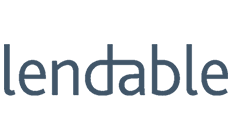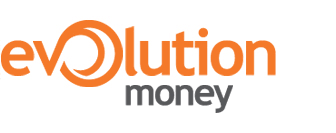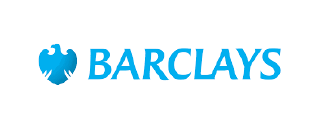Our Lenders
We work with Lending Expert to give you access to a panel of leading lenders well placed to meet your needs at the lowest rates.










Property owners who at a later point in their lives will likely have seen the value of their home go up over the years. There are options to benefit from this price increase without selling the entire property.
If you want to release some equity from your property to enjoy your retirement, but are worried about interest and inheritance, you might want to consider a home reversion plan.
What Is Home Reversion?
A home reversion plan is an equity release scheme in which part or all of your property is sold to your provider in exchange for tax-free money. The homeowner is then provided a lifetime tenancy, meaning they will never be evicted or charged rent, and can live in their current home for the rest of their lives.
How Do Home Reversion Schemes Work?
The homeowner receives a predetermined amount of money tax-free, either as a lump sum or as monthly installments. In return, they sell part or all of their property to a home reversion scheme provider. The provider provides a contract allowing the homeowner to live rent-free in their property for the rest of their lives.
The money received is interest-free. The percentage of the property sold remains fixed until the end of the home revision plan terms, which is usually when the homeowner has either died or gone into permanent care. At this point, the house is sold.
When the house is sold, the proceeds are split as per the percentages that the homeowner originally agrees to. The lender keeps their percentage, and the remainder is split between the homeowner’s beneficiaries as inheritance.
What Are the Advantages of Home Reversion Plans?
Home reversion plans allow homeowners to stay in their own homes for the rest of their lives, or until they need to move into permanent care. They are not expected to pay rent, and there is no need to relocate or downsize.
There is also no interest that needs to be paid, as this kind of scheme is not a loan. The equity release will also be tax-free. Your own share of ownership can still increase in value over time, which you or your beneficiaries will be able to benefit from.
Finally, you can ring-fence a portion of your property for inheritance, which will be protected.
What Are the Disadvantages of Home Reversion Plans?
The main disadvantage of home reversion plans is the fact that you will no longer own your whole home. A percentage of it will be owned by your lender, meaning you will not receive the full market value for your property. This also means your beneficiaries will only inherit a percentage of your property, so their inheritances will be smaller.
Home reversion can also affect your entitlement to means-tested benefits, so it is essential to check this before agreeing to any plans.
Am I Eligible For a Home Reversion Plan?
Although eligibility can vary, these factors are a typical baseline:
- You must be a minimum 50 years old
- Your property must be worth a minimum of £50,000
How Much Money Can I Get from a Home Reversion Scheme?
This depends on the percentage of your horse that you are willing to give your provider. However, other factors will affect how much cash you get too.
The older you are, the more tax-free cash you will likely receive from your home reversion plan provider. This is because your provider is more likely to receive their share of the property sooner. Poor health can also lead to a higher amount of cash.
Home Reversion Schemes vs Lifetime Mortgages
Lifetime mortgages are an alternative to home reversion plans, and are far more popular. They make up 99% of the equity release market. This table aims to demonstrate the differences between the two options.
| Home Reversion Schemes | Lifetime Mortgages |
| You sell up to 100% of your home | You borrow against 20% – 60% of your home |
| You can get them when you are 50+ years old, but will get a better deal the older you are | You can get them when you are 55+ years old |
| There is no interest to pay | There is interest to pay |
| They are a better option for people who are older or in poorer health | Your age and health are not considered in these mortgages |